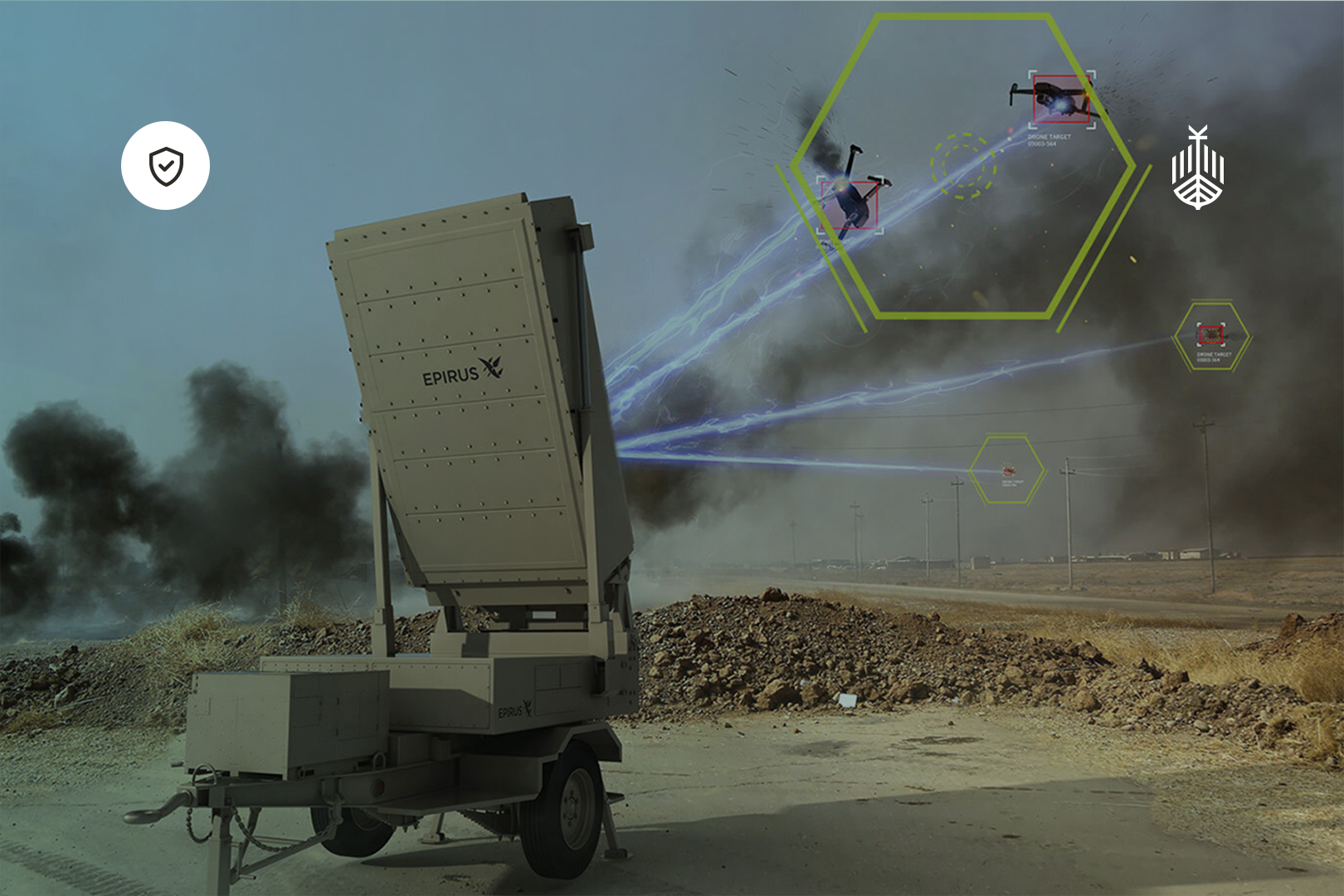
Guarding Secrets: How Defense Contractors Navigate Large Language Models in National Security
In a recent development, the United States Department of Defense (DoD) has partnered with Scale AI to test generative artificial intelligence (AI) for military applications. Generative AI, known for its ability to create content based on algorithms, raises questions about the authenticity of generated data and its implications for content creators. Despite concerns, generative AI offers the potential to revolutionize workflows by rapidly processing vast amounts of information in today’s data-driven world.
The Power of a Large Language Model - LLM
Large language models (LLMs) play a crucial role in quickly analyzing extensive datasets and distilling them into key insights. Dr. Jim Purtilo, an associate professor of computer science at the University of Maryland, highlights the potential of LLMs to enhance productivity in various tasks. For government contractors, especially in the defense sector, LLMs could streamline the development of new systems and platforms, recognizing the value of time in data-driven decision-making processes.
 Image for illustrative purposes
Image for illustrative purposes
Impact of LLMs on National Security
The rapid data condensation capability of LLMs offers significant advantages to companies, enabling teams to receive instant guidance and potentially restricting information flow on a need-to-know basis. However, defense contractors must approach LLMs cautiously, particularly when dealing with classified information. Melissa Ruzzi, director of artificial intelligence at SaaS security provider AppOmni, emphasizes the importance of exploring generative AI cautiously, especially in areas like marketing and communications, before broader adoption in other sectors.
Focus on Security
Security remains a paramount concern in the integration of LLMs, with a strong emphasis on preventing unauthorized access or dissemination of sensitive information. Dr. Purtilo underscores the risks associated with inappropriate disclosure of intellectual property, particularly in the defense industry, where compromising classified data could have severe consequences. As defense contractors navigate the potential of LLMs, ensuring stringent security measures and compliance with government regulations are top priorities to safeguard national security interests.
As defense contractors tread carefully into the realm of generative AI, the delicate balance between innovation and security underscores the critical need for meticulous planning and implementation strategies. The evolving landscape of AI technologies necessitates a proactive approach to harnessing the benefits while mitigating potential risks, especially in sectors as sensitive as national security.















